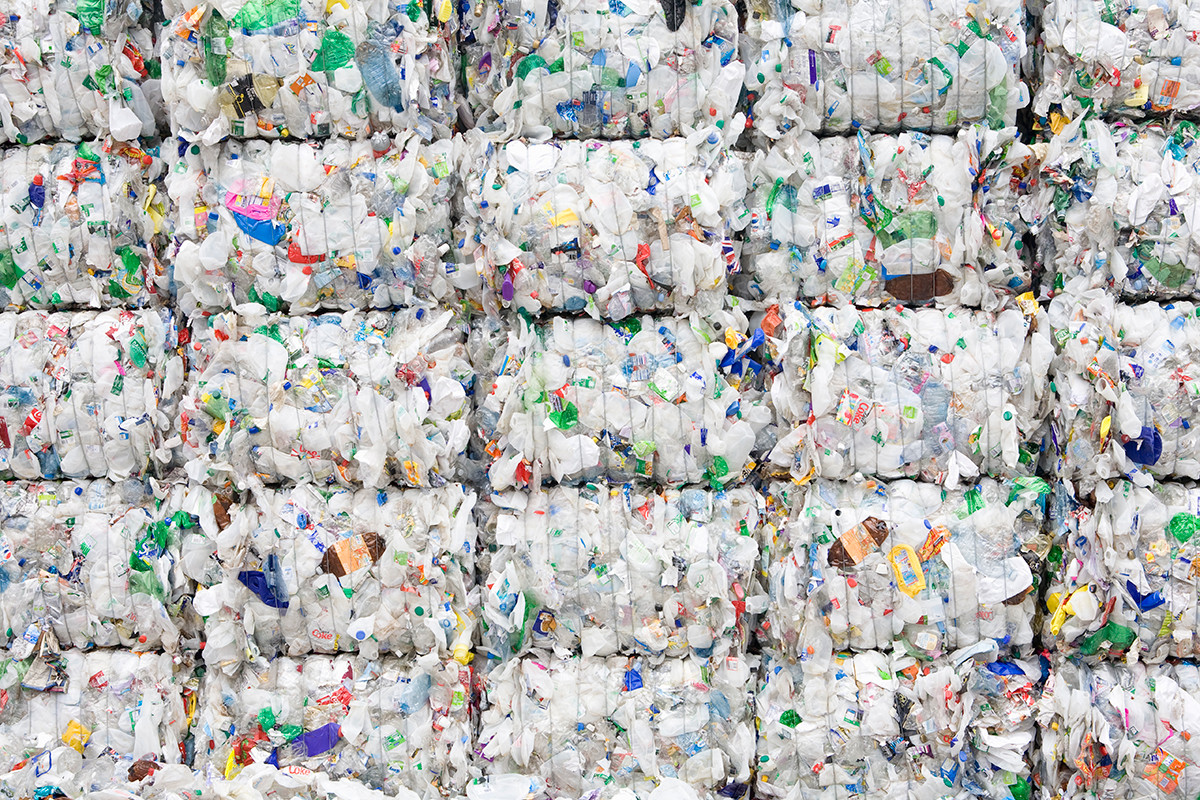Japanese scientists have found a microorganism that can decompose plastic

Scientists at Kyoto University of Technology have discovered bacteria that can decompose popular PET plastic. Bacteria were detected by analyzing plastic collected in the soil and in wastewater. The discovery and study of microorganisms, called scientists of Ideonella sakaiensis, can help to cope with the ever-increasing amount of plastic trash.
Since the invention of plastic in the 1940s, it gained enormous popularity. Worldwide, about 311 million tons of plastic are produced annually, and only 14% of the goods produced (most of which are plastic bottles) are collected for reuse. And the collected bottles still mostly melt to make other items. New bottles are usually made from petroleum products.
')
PET plastic, or polyethylene terephthalate, very slowly decomposes, and environmental pollution with plastic waste has become threatening . A lot of microscopic pieces are collected in the ocean , and they are already involved in the food chain of marine life. But at the end of this chain are often the people themselves.
But nature has overtaken humanity, and as a result of evolution, microorganisms have emerged that can decompose PET plastic into components. Ideonella sakaiensis, apparently, eat only PET. They join plastic with special whiskers, and use two enzymes to decompose plastic into terephthalic acid and ethylene glycol, from which plastic is originally made. And these components are no longer harmful to the environment.

The resulting components are absorbed by the bacteria, so that their use, or the use of enzymes produced by them, can help in the difficult task of cleaning the planet. True, Ideonella sakaiensis does not work quickly - it takes 6 weeks at a temperature of about 30 ° C to completely decompose a piece of plastic the size of a nail.
Scientists hope with the help of genetic engineering to strengthen the ability of bacteria to digest plastic - for example, transfer the ability to secrete the necessary enzymes into more rapidly growing microorganisms. The researchers were inspired that it took only 70 years for these microorganisms to appear, and they hope they can find other types of living creatures that can help with recycling plastic waste.
Earlier, Chinese biologists from Peking University of Aviation and Astronautics discovered that mealworms are capable of processing foam plastic , and a group of students at Yale University on a research expedition to Ecuador discovered a mushroom in the jungle that can feed on polyurethane .
Source: https://habr.com/ru/post/391503/
All Articles